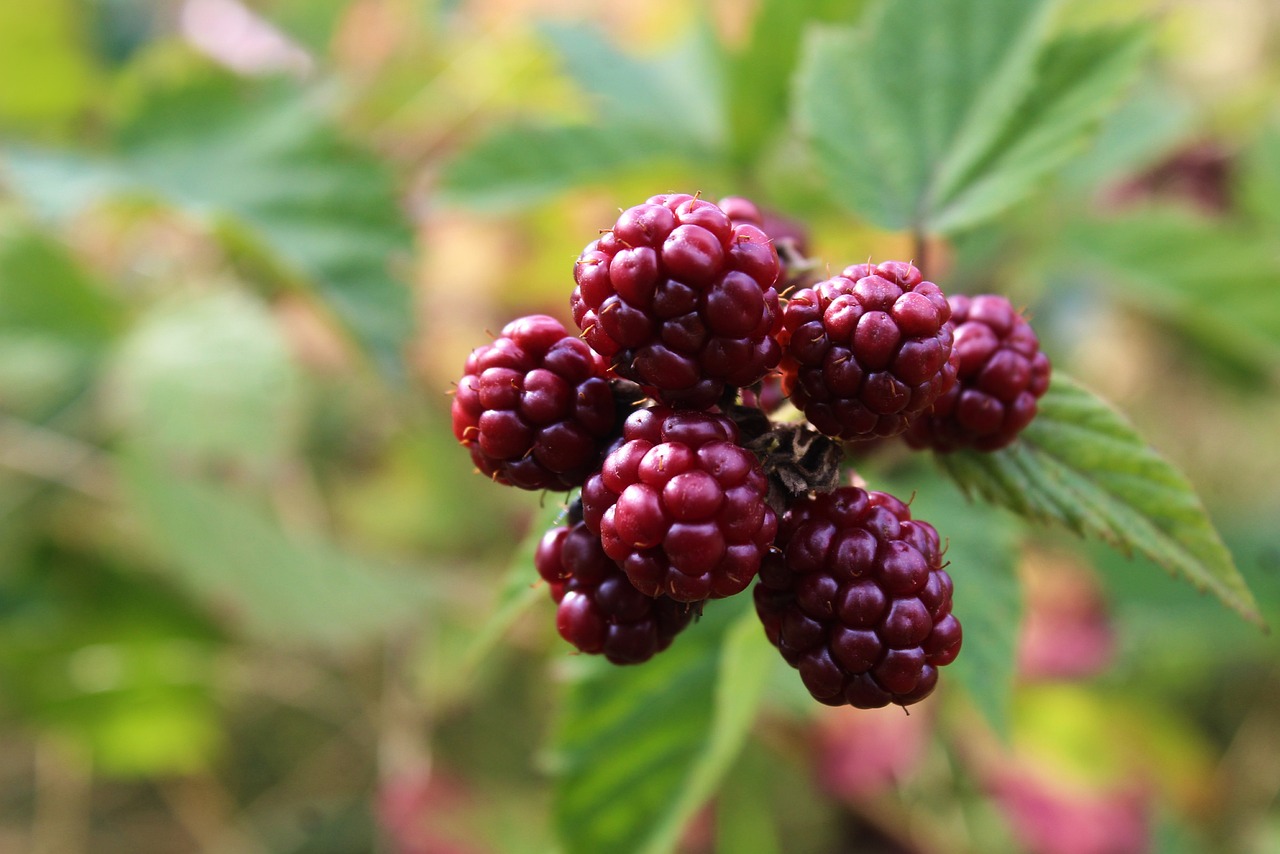Olive Oil Production in Portugal: A Regional Study: Betbook247 app, Radhe exchange new id, Play11bet
betbook247 app, radhe exchange new id, play11bet: Portugal is renowned for its production of high-quality olive oil, with a rich history dating back centuries. The country’s diverse geography and climate make it an ideal location for olive cultivation, with different regions playing a crucial role in the production process. In this article, we will delve into the regional aspects of olive oil production in Portugal, examining the unique characteristics of each area and the contributions they make to the industry as a whole.
North Portugal: Tr᳭os-Montes
Tr᳭os-Montes, located in the northern part of Portugal, is known for producing robust and intense olive oils. The region’s rugged terrain and harsh climatic conditions result in olives with a higher concentration of polyphenols, giving the oils a distinct peppery flavor. Olive varieties such as Cobran篳a and Madural thrive in this area, producing oils with a bold taste that stands out in the market.
Central Portugal: Beira Interior
Moving towards central Portugal, the Beira Interior region is characterized by its high-altitude olive groves. The cooler temperatures at these heights slow down the ripening process of the olives, allowing them to develop complex flavors and aromas. Olive varieties like Galega and Cordovil are prevalent in this area, producing oils with a more balanced and fruity profile.
South Portugal: Alentejo
Alentejo, in the southern part of Portugal, is the largest olive oil-producing region in the country. The vast plains and Mediterranean climate create ideal conditions for olive cultivation, with varieties such as Arbequina and Picual dominating the landscape. Alentejo olive oils are known for their smooth and buttery texture, making them highly sought after by consumers around the world.
FAQs
1. What makes Portuguese olive oil unique?
Portuguese olive oil is known for its diverse flavors and aromas, influenced by the different regions where it is produced. The country’s rich history of olive cultivation and traditional production methods also contribute to the high quality of its oils.
2. How is olive oil production regulated in Portugal?
Olive oil production in Portugal is regulated by the Portuguese Olive Oil Association, which sets strict standards for labeling and quality control. Producers must adhere to these regulations to maintain the integrity of Portuguese olive oil in the global market.
3. What are some popular uses for Portuguese olive oil?
Portuguese olive oil is commonly used in cooking, salad dressings, and marinades. Its rich flavor and nutritional benefits make it a staple in Mediterranean cuisine and a versatile ingredient in various dishes.
In conclusion, the regional diversity of olive oil production in Portugal contributes to the country’s reputation as a top producer of high-quality oils. Each region brings its unique characteristics to the table, creating a wide range of flavors and profiles for consumers to enjoy. Whether you prefer a bold and peppery oil from Tr᳭os-Montes or a smooth and buttery one from Alentejo, Portuguese olive oil has something for everyone’s palate.







